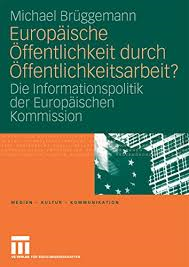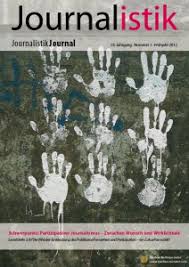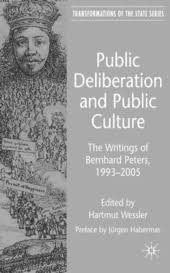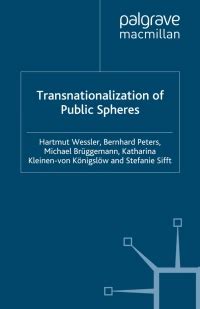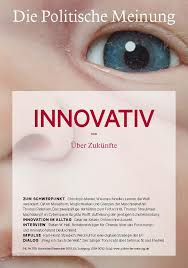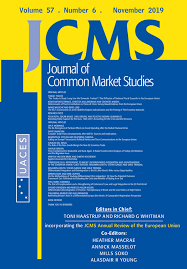Abstract
Dunkel waren die Vorzeiten national begrenzter Kommunikations- und Medienwissenschaft: Die Forschungsgemeinschaft eines Landes erforschte ihre nationalen Medien und feierte sich dabei in national geschlossenen Zitierzirkeln der eigenen Sprachgemeinschaft. Die lichte Zukunft winkt dagegen in internationalen Forschungsverbünden und Projekten, die grenzüberschreitend forschen und vergleichen. Erst durch den explizit gemachten und systematischen Vergleich werden die Besonderheiten nationaler Medienphänomene wissenschaftlich beschreibbar. Und erst der Vergleich erlaubt es, Variationen und grenzüberschreitende Entwicklungen zu erkennen und zu erklären.
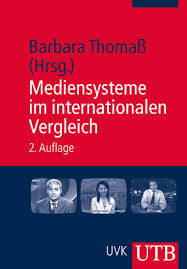
Brüggemann, Michael (2008): Rezension: Barbara Thomaß. Mediensysteme im international Vergleich. In Medien & Kommunikationswissenschaft 56 (3/4), pp. 509–511. Available online at https://doi.org/10.5771/1615-634X-2008-3-4.

